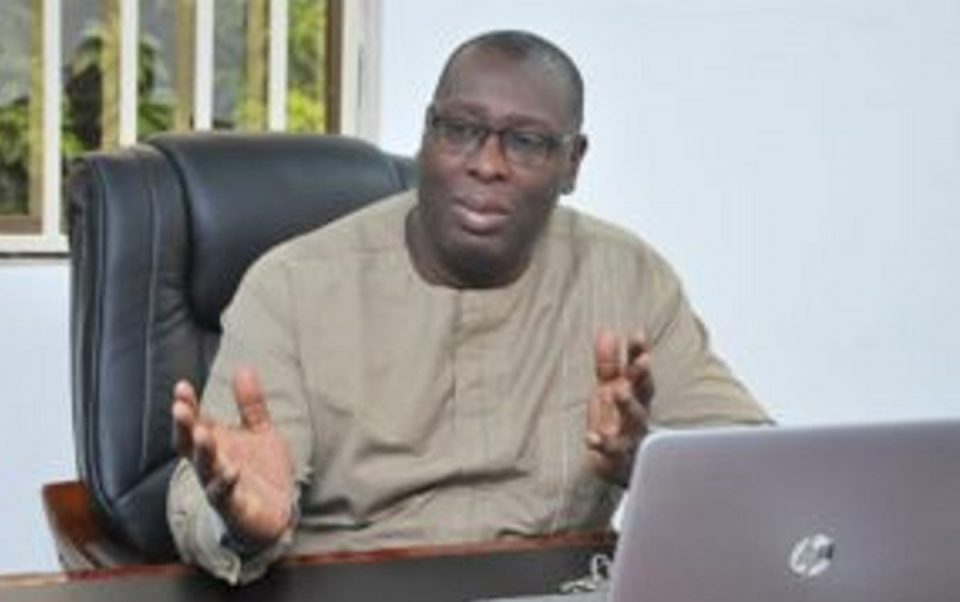The Major Oil Marketers Association of Nigeria (MOMAN) says its members are not responsible for activities distorting the Liquefied Petroleum Gas (LPG) market and attendant increase in the price of cooking gas across the country.
Chief Executive Officer, MOMAN, Mr Clement Isong, made this known in a statement issued on Tuesday in Lagos.
Isong said it was untrue that some marketers who are MOMAN members had formed a cartel which engaged in rejecting LPG supply from the Nigeria LNG Limited in their depots.
He said: “MOMAN wishes to state categorically that we are not a cartel, nor do we engage in manipulating prices of any petroleum product.
“MOMAN strictly adheres to local and international regulations, laws, and best practices to ensure that it is not complicit nor create an impression that it engages in anti-competitive practices such as price fixing and price gouging.”
According to him, in the the case of LPG, the market is dominated by local independent marketers.
Isong said the collective market share of MOMAN members either in terms of LPG storage or volume throughput was less than five per cent of the Nigerian market.
He said that it was therefore untrue to suggest that MOMAN membership could in any way influence the supply or price of the product.
“Finally, storage facilities for white products have different specifications and safety requirements different from storage facilities and assets for LPG and cannot be interchanged.
“It is therefore wrong to suggest operationally that a marketer would prefer one to the other.
“A lot of investment in LPG infrastructure still needs to be made, hence government’s policy on the gas infrastructure fund,” Isong said.
He commiserated with the Nigerian consumers struggling with the high costs of LPG caused by global supply challenges, high international prices, limited availability of foreign exchange and high exchange rates.
Isong said MOMAN would continue to support government policies that encourage investments in the supply chain which will eventually optimise logistics costs and reduce prices.




